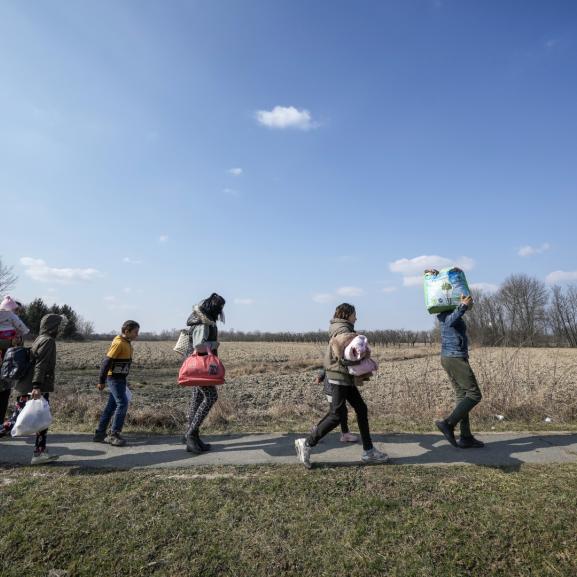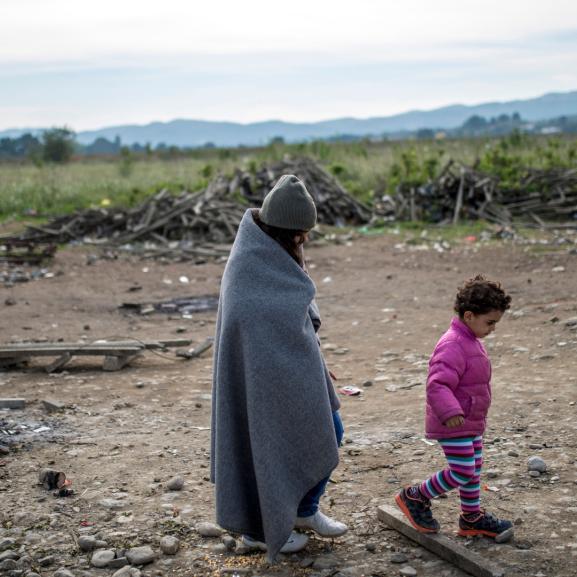Survivors of torture respond to Asylum Inquiry
Survivors Speak OUT (SSO), the only torture survivor activist network in the UK, has responded to the current Home Affairs Select Committee Inquiry into Asylum with a submission of evidence, drawing on members' first-hand experience of the UK asylum system and suggesting targeted recommendations that take survivors of torture into account.
The inquiry aims to assess how robust and efficient the UK asylum system is as a whole but, amongst other prompts, also calls for specific insight into a number of areas including; the effectiveness of the UK Border Agency's screening process, the assessment of the credibility of victims of torture, as well as the system of support available to asylum seekers and the prevalence of destitution they experience.
Submitted earlier this week, SSO's evidence draws on decades of first-hand experience and illustrates how the current system both adversely affects and can disregard survivors of torture.
Listen to Jackson – SSO member and contributor to the network's submission – speak about his experiences of the UK asylum system and about the way he feels it has impacted on his long-term recovery. Jackson is from a southern African country and came to the UK 11 years ago in search of protection following torture. He was unable to work or support himself for 10 years.
http://soundcloud.com/freefromtorture/sso-member-jackson-reflects-on/s-n...
Building on content developed during awareness-raising sessions the network has run - alongside Freedom from Torture - for some staff from the UK Border Agency's Asylum Screening Unit, SSO members described how their initial screening interview felt disturbingly like an interrogation. Experiences of hostile treatment at screening, with limited access to privacy or information about the process, meant the experience was deeply traumatic for many survivors. As one member noted:
"I didn't feel I could talk. I felt no trust. Nobody listened to me, nobody wanted to know. Being in the interview was the same as being in prison all over again."
SSO members also made the link between the intimidating nature of their questioning and the dismissive, disbelieving way their answers were met. It was noted how this combination helped foster an atmosphere which actively discouraged survivors from disclosing their experiences of torture.
The network's response to the Inquiry also highlights the gross inadequacies of the existing support system for applicants, pointing to the fact that the current level of financial support fails to meet basic needs; the damaging psychological impact of placing survivors on Section 4 cashless support known as the Azure Card; and the dangers of underestimating the importance of suitable accommodation for individuals who have suffered severe mental and physical abuse.
Supporting the findings of research due to be published by Freedom from Torture in mid-2013 illuminating the effect of poverty on survivors of torture, SSO's response also explains how experiences of destitution amongst its members had exacerbated previous traumas. Contributors described how the social alienation and anxiety of homelessness had drastically affected their ability to move on from their past experiences.
Many members felt that rather than laying the basis for their long-term recovery, the UK asylum system had actually compounded a sense of vulnerability.






